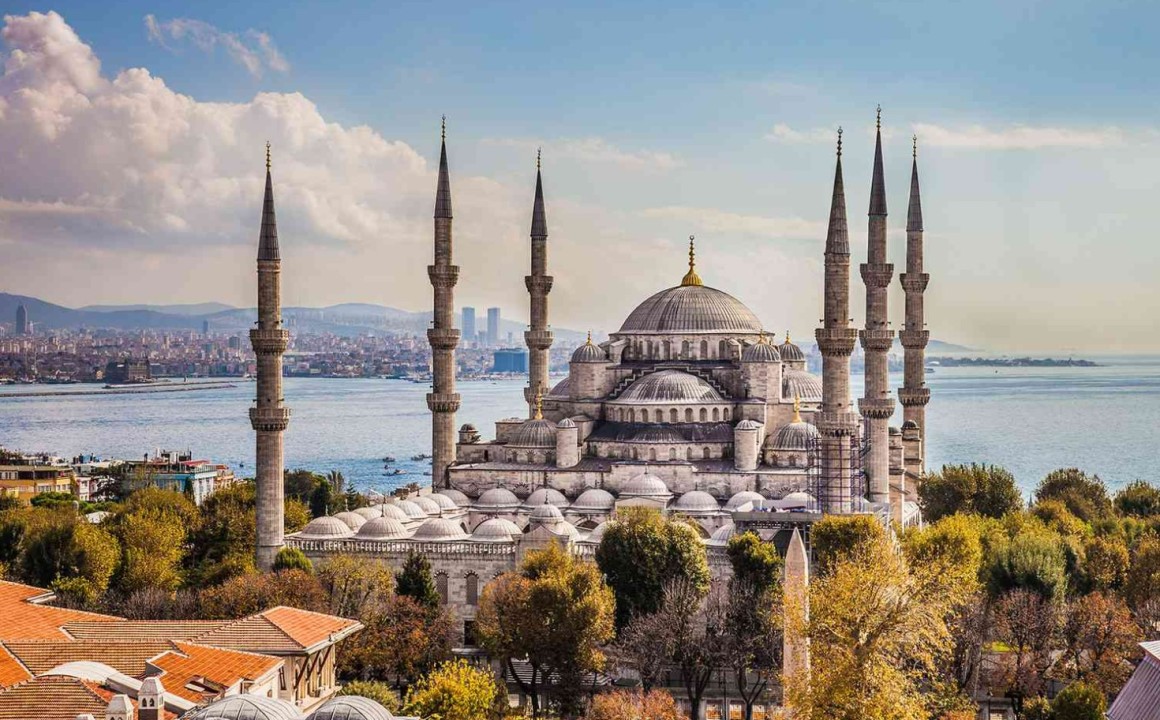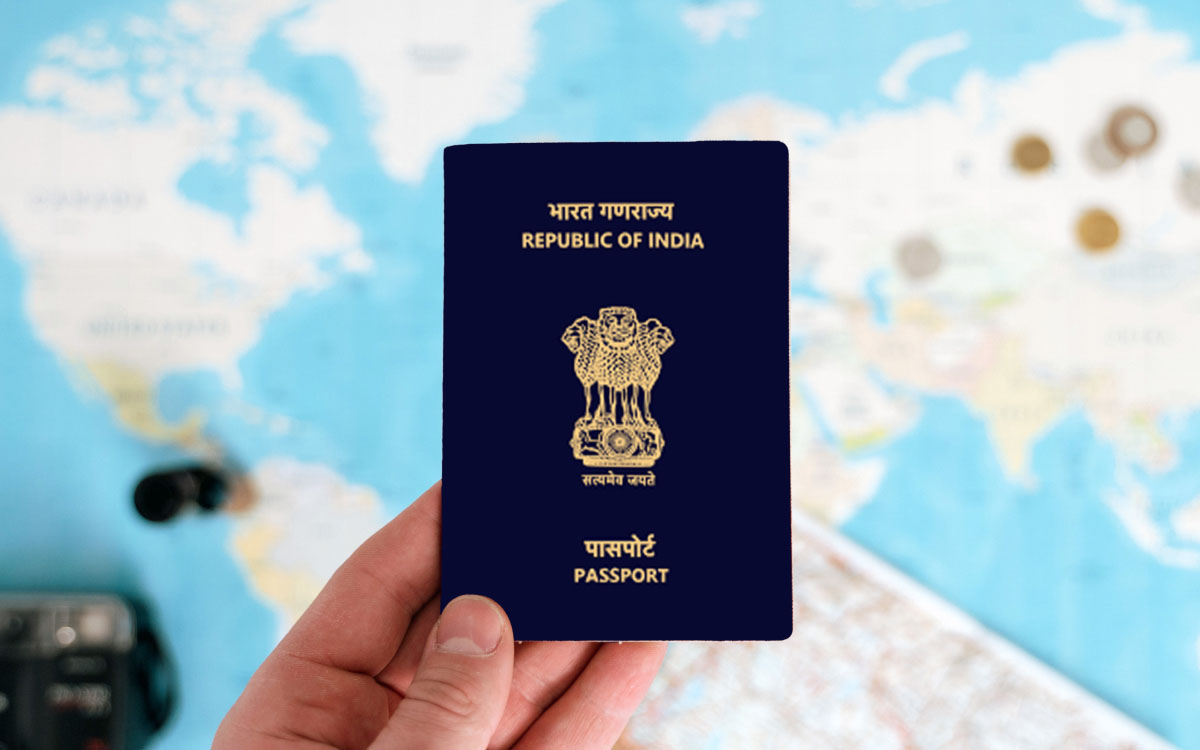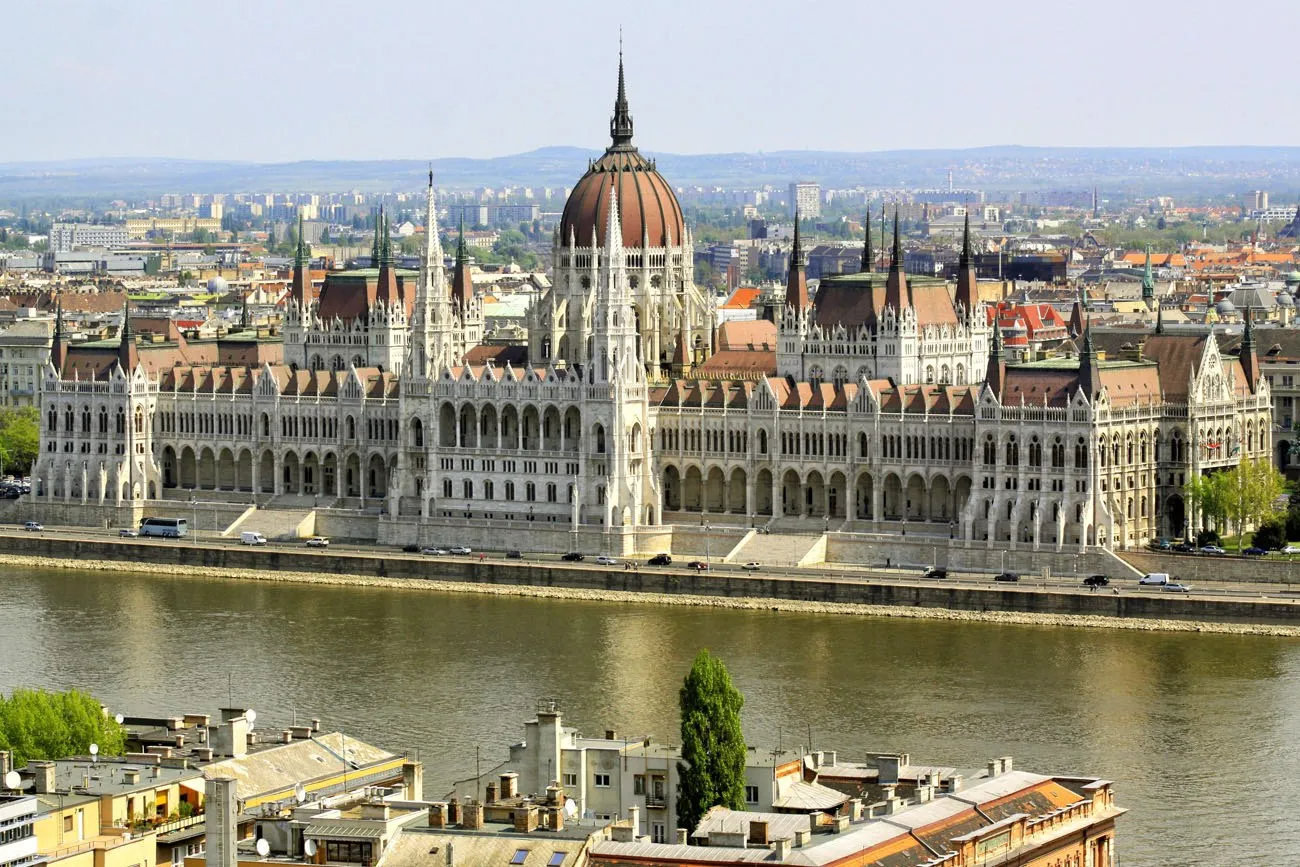When it comes to relocating for a better life or exploring safe investment opportunities, Turkey vs Portugal presents two of the most compelling options in 2025. Each country offers a distinct set of advantages for expatriates, digital nomads, retirees, and investors. Turkey draws attention due to its low cost of living, real estate accessibility, and citizenship-by-investment opportunities. Meanwhile, Portugal is favored for its EU membership, political stability, attractive tax schemes, and high quality of life. In this comprehensive guide, we will explore every major factor that impacts a potential move: from immigration processes to lifestyle, healthcare, education, real estate, and beyond.
Immigration and Residency Options
Turkey’s Residency and Citizenship Options
Turkey offers relatively straightforward residency options. A short-term residence permit can be obtained for up to 12 months and is renewable. Applicants need proof of address, financial means, and valid health insurance. For long-term stays, individuals who have lived in Turkey legally for eight consecutive years may qualify for a long-term residence permit that doesn’t require annual renewal.
Turkish Citizenship by Investment (CIP)
One of Turkey’s most attractive offerings is its Citizenship by Investment program. By purchasing real estate worth at least $400,000 and holding it for at least three years, a foreign national becomes eligible to apply for Turkish citizenship. This process usually takes 3 to 6 months and doesn’t require residency or Turkish language proficiency. While Turkish citizens enjoy visa-free or visa-on-arrival access to over 110 countries, the lack of EU mobility remains a limitation.
Portugal’s Immigration and Golden Visa Program
Portugal provides a broad spectrum of residency options that attract both retirees and working professionals. The D7 Visa is particularly popular among pensioners and passive income earners. To qualify, applicants must show proof of stable monthly income, such as a pension, dividends, or rental income, and commit to spending a minimum of 183 days per year in the country.
Portugal’s Digital Nomad and Golden Visas
Remote workers and entrepreneurs may apply for the Portugal Digital Nomad Visa, which requires proof of foreign income above €3,280/month (as of 2025). The Golden Visa remains available through specific routes, such as investment in government-approved funds, scientific research, or real estate in low-density regions starting at €280,000. After five years of legal residence, applicants become eligible to apply for permanent residency or citizenship, gaining full EU rights.
Cost of Living: Turkey vs Portugal

Living Costs in Turkey
Turkey remains one of the most cost-effective countries for expats. The weak Turkish Lira gives foreign income earners strong purchasing power. In Istanbul, a single expat might spend between $900–$1,200/month, while in cities like Antalya or Izmir, monthly expenses may fall between $600–$850. These estimates include rent, utilities, transportation, dining, and basic healthcare.
Monthly Budget Examples in Turkey
Single in Istanbul:
- Rent (1BR): $500
- Utilities & Internet: $100
- Food & Dining: $200
- Transport: $50
- Leisure: $150
Family of 4 in Izmir:
- Rent (3BR): $800
- Utilities: $180
- Food: $700
- Transport: $200
- Schooling & Leisure: $400
Currency and Inflation Impact
One key consideration is Turkey’s inflation rate, which reached over 50% annually in recent years. Although this increases local prices, it also keeps foreign investments in real estate and services competitively priced. However, currency instability could impact long-term financial planning.
Living Costs in Portugal
Portugal’s cost of living is higher than Turkey’s but still moderate by Western European standards. A single person in Lisbon may spend €1,400–€1,800 monthly, while smaller cities like Coimbra offer the same lifestyle at €1,000–€1,300. A family of four in Lisbon should expect costs in the €3,200–€4,000 range.
Stability and Resident Benefits
Portugal benefits from stable prices due to the Euro. Residents enjoy subsidized transport, public healthcare, and utility discounts. The government also supports low-income families with rent and food assistance. Despite higher costs than Turkey, Portugal offers more predictability and consumer protections.
Real Estate and Investment Opportunities
Property Market in Turkey
Turkey’s property market is foreigner-friendly and remains relatively inexpensive. A new 2-bedroom apartment in central Istanbul might cost $120,000, while coastal properties in Bodrum or Antalya can be purchased for as little as $70,000. Istanbul and Izmir are popular among both expats and investors due to high rental demand.
Price Advantage and Legal Due Diligence
Foreign buyers are advised to hire an independent lawyer to verify title deeds and property zoning. The Turkish government offers online tools to check property records. Rental yields can range from 5%–8% in high-demand areas, making it lucrative for short-term holiday lets.
Real Estate Investment in Portugal
Property values in Portugal have grown steadily for over a decade. In 2024, prices rose by 12%, with especially strong growth in Madeira and Algarve. Lisbon and Porto are mature markets, while inland cities like Évora and Castelo Branco present emerging opportunities.
Property Appreciation and Rental Income
Between 2010 and 2024, property prices appreciated over 113%. Lisbon apartments generate gross rental yields of 4.5% to 6%. Coastal and rural tourism properties used for short-term rentals have even higher returns, often reaching 8–10%.
Taxation on Rental Income
Portugal taxes rental income at a base rate of 25%, but long-term leases qualify for lower rates:
- 15% for contracts 5–10 years
- 10% for contracts 10–20 years
- 5% for contracts over 20 years
Other taxes include:
- IMI: 0.3%–0.5% of property value annually
- IMT: one-time property transfer tax
- Stamp Duty: 0.8% on the sale price
Investment Thresholds and EU Protection
Golden Visa applicants can invest in properties from €280,000 (rehabilitation projects) or €500,000 (new real estate). EU legal protections ensure high investor confidence, including transparent court processes and landlord-tenant balance.
Taxes and Banking Systems
Turkish Taxation and Financial System
Residents are taxed on global income, while non-residents are only taxed on Turkish income. Income tax rates range from 15% to 40%. Rental income, interest, and capital gains (within five years of purchase) are also taxable. Foreign exchange regulations may limit large money transfers abroad during economic turbulence.
Banking and Currency Exchange
Most banks offer services in English and have online platforms. Foreigners can open accounts with passports and tax IDs. However, inflation and currency controls affect interest rates and foreign exchange conversions.
Portuguese Taxation and Financial Benefits
Portugal’s phased-out NHR regime (Non-Habitual Residency) is replaced by the IFICI scheme, targeting professionals in education, tech, and scientific R&D. Residents still benefit from bilateral tax treaties and income tax reductions.
NHR vs. IFICI Explained
- NHR (legacy): 10 years of 0%–20% tax on pensions, dividends, interest
- IFICI: 20% flat tax for qualified work income; foreign pensions taxed under regular regime
- Duration: 10 years
- Example: A remote tech worker under IFICI pays 20% on local salary and may be exempt from double taxation due to treaties
Transparent EU Banking
Portugal’s banking system supports SEPA, fintech apps, and international transfers. EU deposit insurance covers accounts up to €100,000. Residents can access loans, credit, and savings plans at regulated rates.
Quality of Life: Lifestyle, Safety, and Culture
Life in Turkey
Turkey offers cultural depth, Mediterranean climate, and affordable luxuries like domestic travel and dining. Istanbul provides a mix of tradition and modernity, while regions like Cappadocia and Fethiye offer tranquil retreats. Some expats find navigating bureaucracy or language barriers a challenge.
Safety and Public Confidence
Numbeo’s 2024 Safety Index ranks Istanbul at 52.3 and Antalya at 71.5. Turkey ranks 83rd globally for safety. About 56% of residents feel safe walking alone at night (OECD), below the EU average. While violent crime is rare, political unrest and protests occur periodically.
Life in Portugal
Portugal is praised for its safety, social tolerance, and community-oriented lifestyle. Cities are walkable, and public services such as healthcare and transportation are reliable. Outdoor activities and coastal living draw retirees and digital nomads alike.
Cultural Comfort and Expat Satisfaction
According to InterNations 2024, Portugal ranked in the top 10 globally for expat satisfaction. Over 83% of people feel safe walking alone at night (OECD). The country offers a warm social atmosphere with numerous festivals, strong expat communities, and a focus on work-life balance.
Language, Integration, and Education
Language and Expat Integration in Turkey
Turkish is essential for daily life outside tourist zones. Language barriers can hinder integration, especially in healthcare or legal matters. Some expat communities create support networks, but official integration programs are limited.
Educational Options in Turkey
International schools in Istanbul, Ankara, and Izmir offer British, American, and IB curricula. Tuition can exceed $8,000–$15,000/year. Local public schools are improving, but language and curriculum may not suit all expat families.
Portuguese Language and Integration Programs
Portuguese is mandatory for permanent residency and citizenship. Free or subsidized language classes are widely available through state-sponsored integration programs.
Schools and Family Services in Portugal
Public schools are free and maintain a good standard. International schools (mostly in Lisbon, Porto, Algarve) offer multilingual education with tuition ranging from €7,000 to €18,000/year. Portugal also provides subsidized childcare, parental leave, and after-school programs.
Healthcare and Insurance Systems
Healthcare in Turkey
Turkey has dual public-private healthcare systems. SGK (public) is available for residents but often has long wait times. Private care is widely preferred by expats for its affordability and higher service quality.
Medical Services and Insurance Costs
Private insurance plans start around $400–$800/year for individuals. Major hospitals in cities are equipped with modern facilities and English-speaking staff. Turkey is also a medical tourism hub for dental, cosmetic, and eye care services.
Healthcare in Portugal
Portugal’s SNS system provides near-universal coverage to legal residents. Services are low-cost or free depending on income. Care is high-quality but urban centers have better infrastructure than rural areas.
Insurance and Public-Private Balance
Many expats use both public SNS and private plans to reduce wait times. Private coverage averages €500–€900/year. Emergency services, maternal care, and chronic illness treatments are reliable.
Conclusion: Which Country Is Right for You?
Turkey may be ideal for those seeking fast-track citizenship, low costs, and vibrant culture. It suits short-to-mid-term residents looking for investment value and affordable luxury.
Portugal, while costlier, is perfect for those prioritizing long-term security, EU access, family life, and structured legal systems. Whether you want economic dynamism or social stability, the right choice depends on your personal goals and lifestyle preferences.










